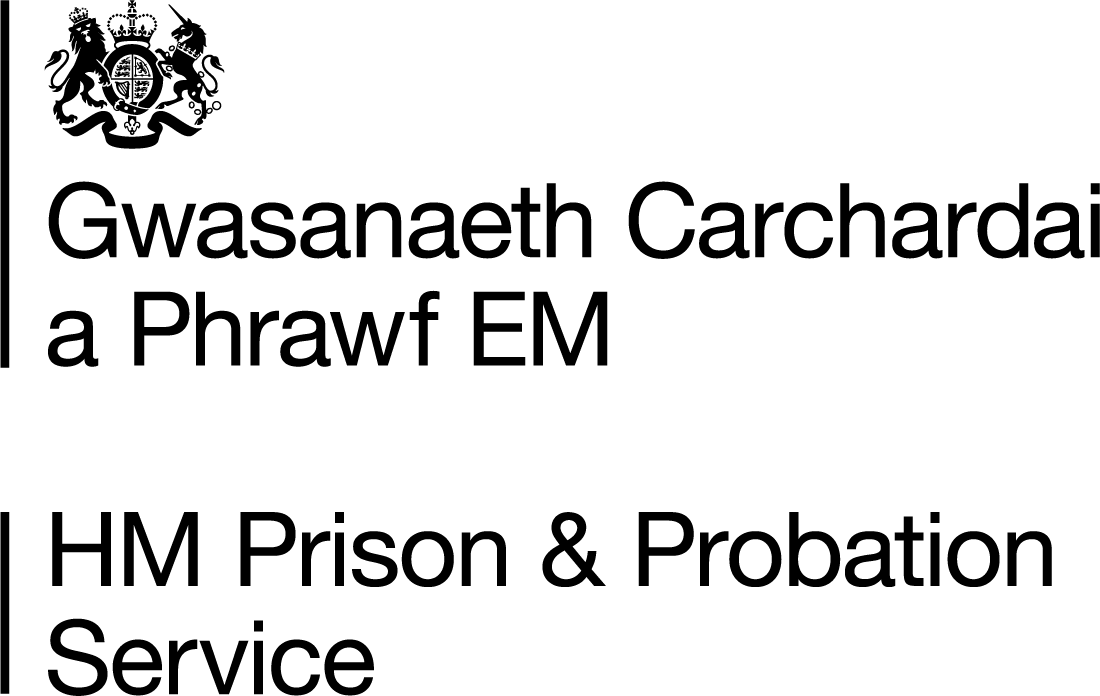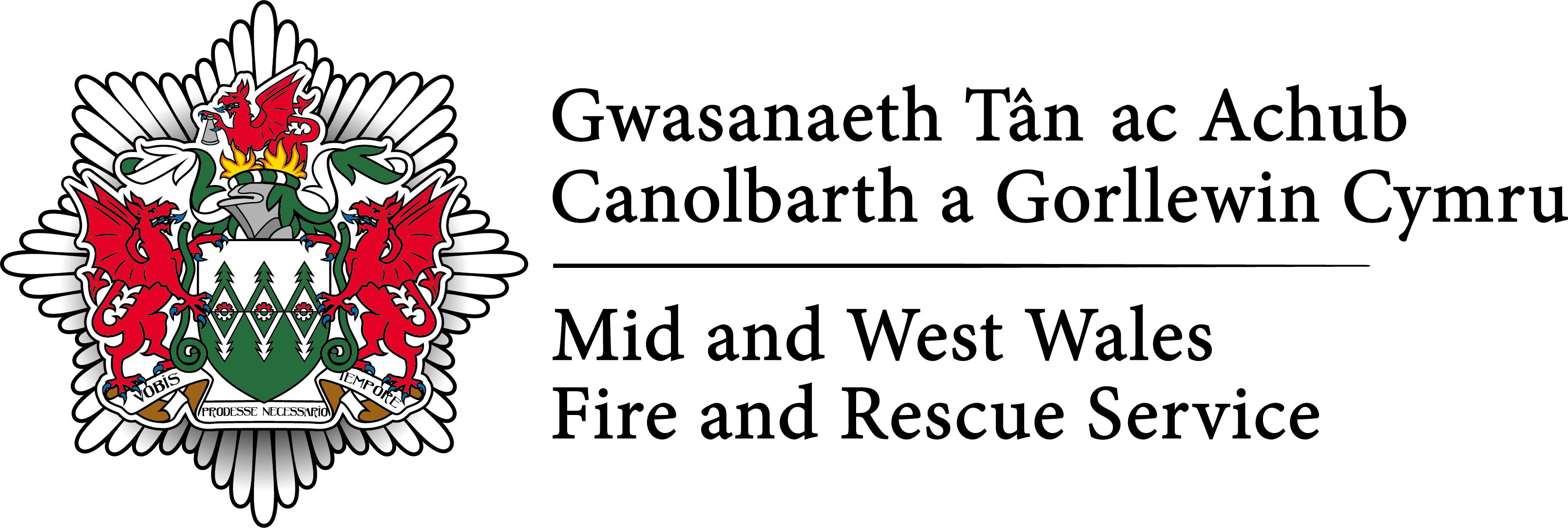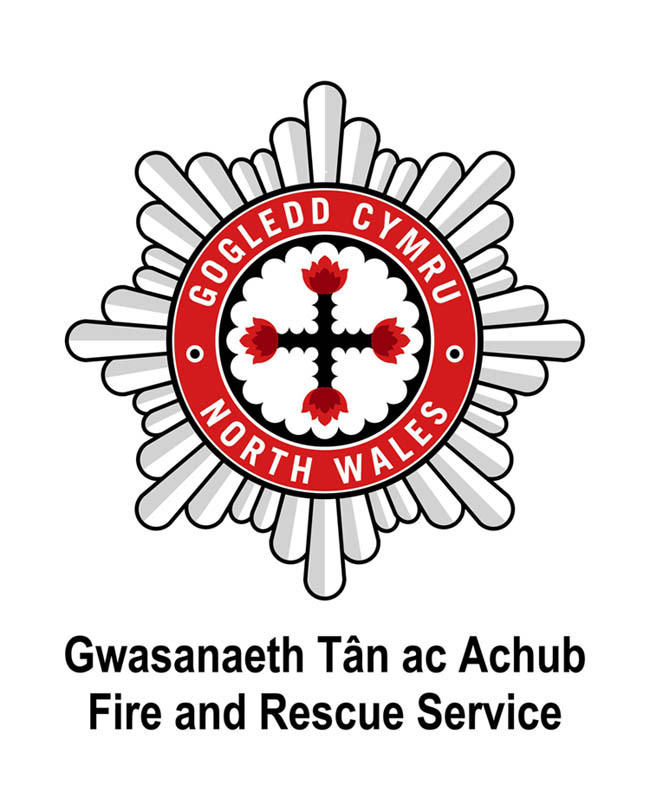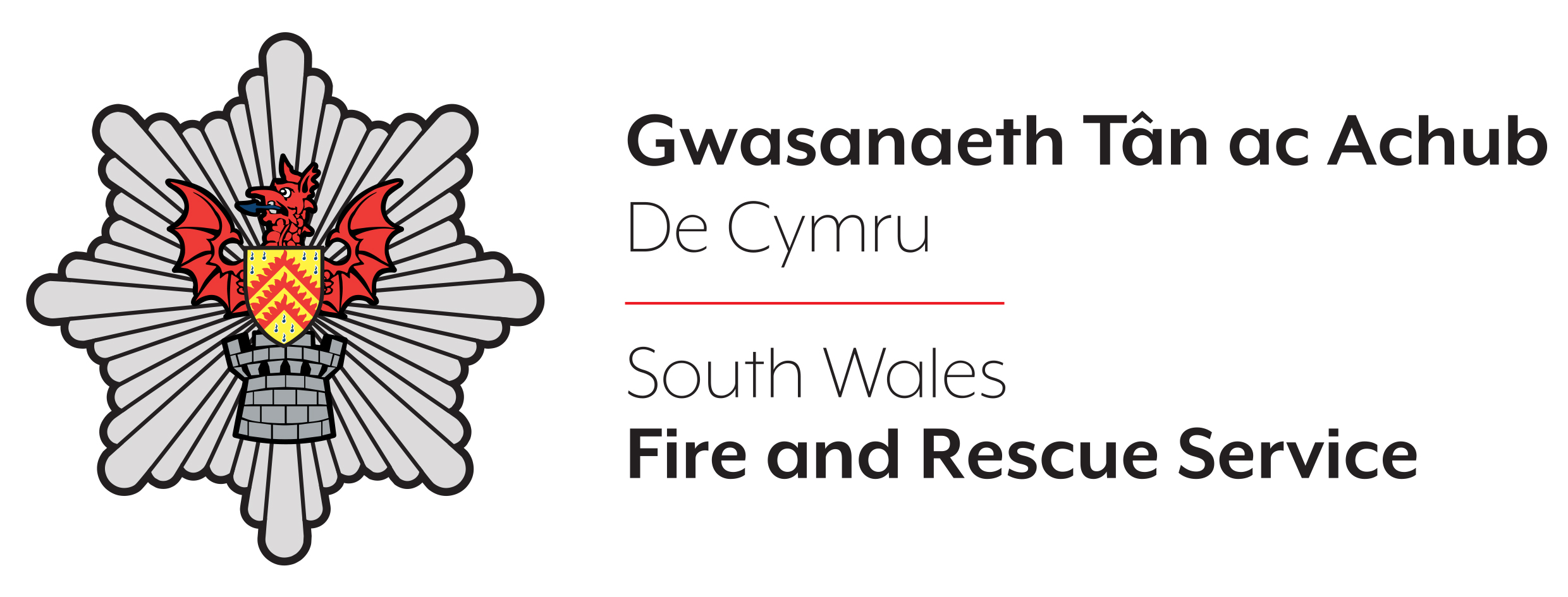- Wellbeing of Future Generations (Wales) Act (2015) provides the foundation for all public services to work collaboratively towards an integrated life course approach to wellbeing.
- Prosperity for All: the national strategy (Welsh Government, 2017) sets out national commitments for the establishment of foundations for lifelong wellbeing and the prevention of ACEs through the creation of ACE-aware public services.
- A Healthier Wales: our Plan for Health and Social Care (2018) recognises the lifelong importance of addressing adversity experienced in childhood and has a focus on prevention.
- Social Services and Wellbeing (Wales) Act 2014 requires a focus on the whole person and their family and has a focus on prevention.
- Directory
- Topics
- All Topics
- Anti-Social Behaviour & Disorder
- Crime & Crime Prevention
- Equalities, Inclusion & Cohesion
- Modern Slavery & Exploitation
- Offending & Justice
- Public Safety
- Safeguarding & Early Intervention
- Serious Violence & Organised Crime
- Terrorism & Extremism
- Violence Against Women, Domestic Abuse & Sexual Violence
- Updates
- Training
- Awards
- Resources
- About













